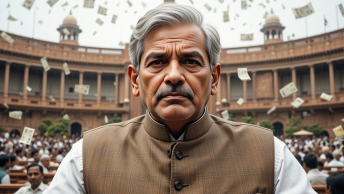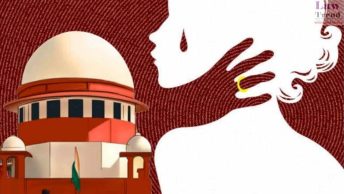In a pathbreaking judgments, Justices Reddy and Nijhar of the Supreme Court ruled that the Chattisgarh governments arming of tribals to act as vigilantes as unconstitutional. The judgment can be found here.
I hope to analysis this at length later, and I am sure the other commentators will have much to say, but I wanted to flag some aspects of this case that were not related to the judgement.
-The petitioners, Nandini Sundar, Ramachandra Guha and EA Sarma are distinguished academics and this model of the PIL harkens back to the first public interest litigations which were filed by individuals (Sheela Barse, Olga Tellis, the early MC Mehta cases). It is in some ways a departure from the more organized generation II PILs which have been fought with the support of organizations and advocacy groups.
Perhaps an important mode of action to consider in a period when the urban middle classes claim to be politically disenfranchised.
– A number of the lawyers appearing for the petitioners (such as Menaka Guruswamy and Bipin Aspatwar) represent a new generation of the Supreme Court Bar engaged in civil liberties cases.
-The judges use diverse sources (ranging from Joseph Conrad to Joseph Stiglizt) but use them very effectively. The language of the judgment is crisp and gives no figleaf to the state to hide behind. The opening paragraphs of the order are striking
“We, the people as a nation, constituted ourselves as a sovereign
democratic republic to conduct our affairs within the four
corners of the Constitution, its goals and values. We expect the
benefits of democratic participation to flow to us – all of us
-, so that we can take our rightful place, in the league of
nations, befitting our heritage and collective genius.
Consequently, we must also bear the discipline, and the rigour
of constitutionalism, the essence of which is accountability of
power, whereby the power of the people vested in any organ of
the State, and its agents, can only be used for promotion of
constitutional values and vision. This case represents a yawning
gap between the promise of principled exercise of power in a
constitutional democracy, and the reality of the situation in
Chattisgarh, where the Respondent, the State of Chattisgarh,
claims that it has a constitutional sanction to perpetrate,
indefinitely, a regime of gross violation of human rights in a
manner, and by adopting the same modes, as done by4
Maoist/Naxalite extremists.”
-I am struck by the courts use of fraternity as a constitutional principle, a angle that Tarunabh Khaitan has called to attention before
More to come.





